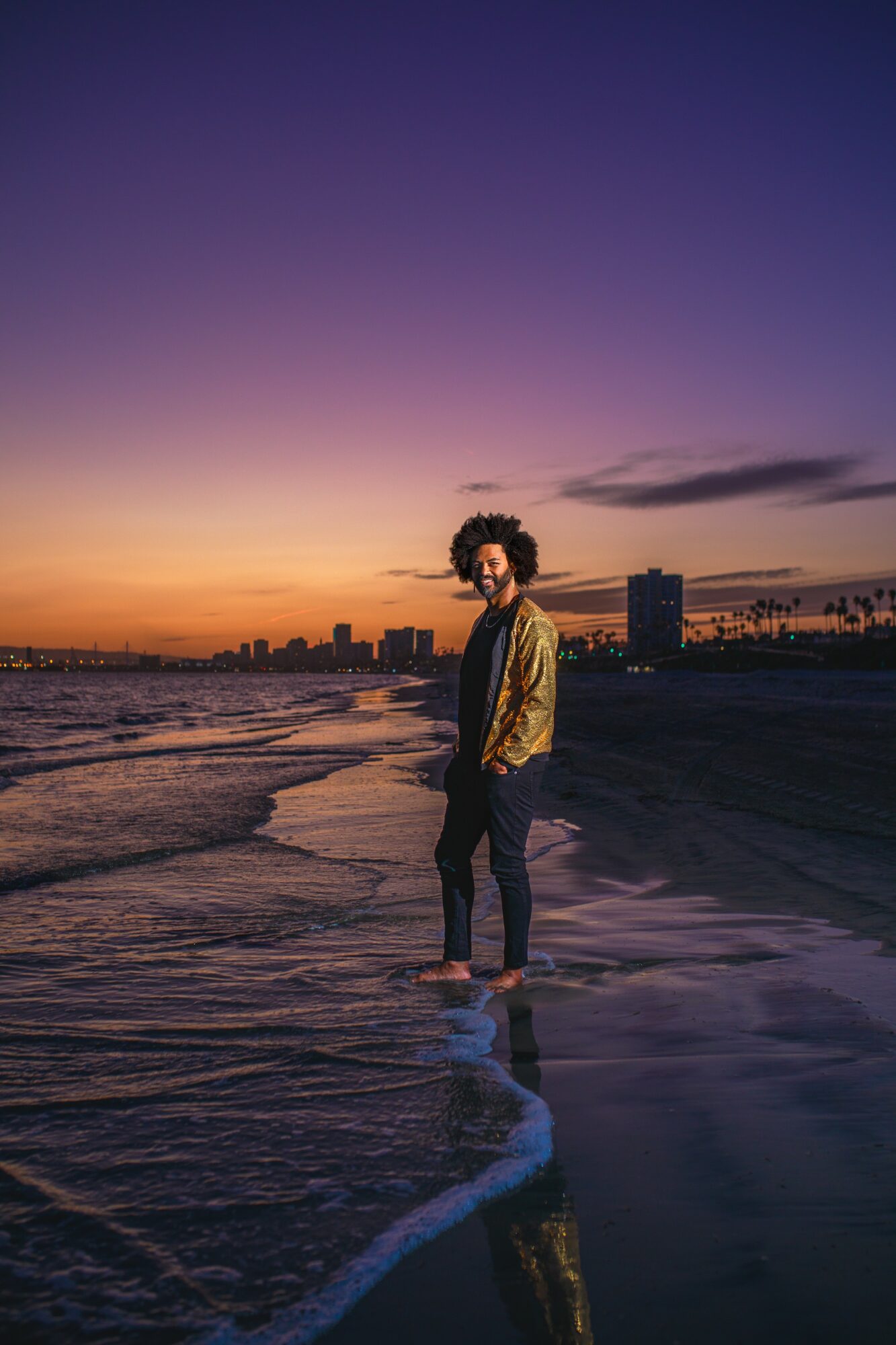

We’re looking forward to introducing you to Reverend Doctor . Check out our conversation below.
Good morning Reverend Doctor , it’s such a great way to kick off the day – I think our readers will love hearing your stories, experiences and about how you think about life and work. Let’s jump right in? What are you most proud of building — that nobody sees?
That I’ve built a community around Reverend Doctor that I don’t think industry folks see.
When you lead with kindness and self-love, the right people find you. Those who wear their heart on their sleeve stick around, and those chasing only themselves usually don’t.
The music industry often runs on fear of other people’s success, but what I’ve built runs on trust and intention. Social media and streaming can feel passive, kinda like background noise. But the people who connect with Reverend Doctor do it deliberately. They show up, again and again, not by accident. When I asked for support for my album, hundreds of people gave anywhere from $10 to $3,000. That’s not an algorithm, that’s real community that believes in me and my art.
It’s powerful. It’s encouraging! But because it doesn’t look like a million random streams, nobody sees it. I have to remind myself of this sometimes.
Can you briefly introduce yourself and share what makes you or your brand unique?
Hi! I’m Reverend Doctor: Black, queer, Midwestern-born, and now making noise in SoCal.
My songs are soul-pop with a heartbeat. Sometimes they groove like Afrobeats in the club (Unapologetically Me), sometimes they call to something more ancestral and elemental (The World).
Always, they’re about holding yourself whole in a world that wants you small, wants you to trade your joy for discontent.
Think Iniko’s fire, Marvin Gaye’s spirit, and a little Sunday-morning sermon for your everyday commute through this life. It’s music for outsiders, over-feelers, and anyone carrying too much. But I see you, you’re my people. I’ve been there too.
I think what’s really different about me as a musical act is that I don’t really want listeners; I want co-conspirators in joy, refugees in radical compassion. If you need a reminder that your weirdness is holy and your vulnerability is power, you’ve found me and I’m glad you’re here!
This past year’s been a run of singles, videos, blogs, PR, all leading toward my debut album in October.
I’ve been building a band, aiming for a debut show with my fellow big-hearted ruffians.
A lot has come out, a lot is coming up. I’ve never learned more about music (or myself) than I am right now!
Great, so let’s dive into your journey a bit more. Who taught you the most about work?
My dad taught me the grind. He was a professor in two departments, but somehow still found time to coach me, my sisters, and half the kids in our community for close to 20 years.
For him, sports were the hook. I’ll admit, as an artsy kid I wasn’t sold at first! But through my dad I saw what it meant to put hours into a craft, to chase a goal, and to keep showing up.
My mom taught me the long game. She had her degree, but didn’t stop there: she helped build a STEM program for high schoolers, served on the school board, published children’s books, and now, at 70, she’s on city council. All of that happened in the last two decades. She reminds me that the work is never done, that service can keep expanding with you. And that a heart of compassion is never satisfied. So keep it guarded.
Together, they gave me two truths: sweat the details, but don’t lose the vision. It’s why I can stand here today, building Reverend Doctor with no roadmap, but with deep roots.
What did suffering teach you that success never could?
Suffering taught me gratitude. Success can trick you into chasing milestones; suffering keeps you grounded in the work.
I grew up in Iowa, where art wasn’t a career. I didn’t know anyone who lived off their creativity. People worked the land, beholden to the seasons and the weather, and relied heavily on their neighbors.. Family and community came first, and making things pretty was seen as a hobby, not a livelihood.
So making music for a living still feels surreal. My path has never been about “arriving.” It’s been copy-paste-repeat: try, fail, adjust, keep going.
Suffering showed me that the win isn’t the milestone: it’s the doing. It’s the joy of making, the collaboration, the discipline. That’s why, if success comes, I hope I won’t panic or cling to it. Hopefully I will have built a heart with a habit of gratitude. And that gratefulness has already found me full.
Alright, so if you are open to it, let’s explore some philosophical questions that touch on your values and worldview. What are the biggest lies your industry tells itself?
With pleasure!
For me, I think the most glaring lie is that, as an industry, you can strip people down to their consumption habits. Additionally, considering them so one-dimensionally will not affect them, or the industry.
But it always breaks. First the art, then the artists, then the communities that give art its home.
You can’t reduce music, film, or social media to “content” without eroding the very things that give it meaning: truth, literacy, empathy, connection.
For kids, this looks like programming that chips away at their sense of self-worth and their capacity to learn. For adults, it looks like polarization, tribalism, and the loss of any shared cultural space to exchange ideas. We’ve built attention farms, not communities. And the harvest is unrest, isolation, and burnout.
I don’t say this to demonize the businesses, But the truth is, too often, decision-makers see the research, understand the human cost, and still launch things like “Instagram for kids”—all while silencing the whistleblowers who warn them. When short-term profits outrank long-term sustainability, everybody loses. The art doesn’t just suffer: it’s the people, the audiences, and even the workers inside these industries who pay the real cost.
The fix isn’t complicated. Stop treating connection as a side-effect of profit. Start treating it as the point. We wouldn’t just make better art, we’d build healthier, more resilient societies capable of creating more wealth to be shared.
Okay, so before we go, let’s tackle one more area. What is the story you hope people tell about you when you’re gone?
One of my heroes is Bill Withers. You might not know his name, but you almost certainly know his songs. That’s the kind of legacy I admire: art that is threaded in the color of people’s lives long after the artist is gone, whether or not their name is attached.
I don’t need people to remember “Reverend Doctor” or even “Keith Rollins.” I’ll be gone. What matters to me is that the people I love, and the world they inherit, are better because of something I left behind.
If my songs can be a lantern in the dark, a pirate signal of hope in the noise of consumerism, or a spark that inspires someone else to do the same, but brighter, bolder: that’s the story I hope people tell. Not about me, but about the love and healing that carried forward.
Contact Info:
- Website: https://revdrmusic.com
- Instagram: https://www.instagram.com/revdrmusic
- Facebook: https://facebook.com/revdrmusic/
- Youtube: https://www.youtube.com/@reverenddoctor
- Soundcloud: https://soundcloud.com/reverenddoctor
- Other: https://www.tiktok.com/@revdrmusic
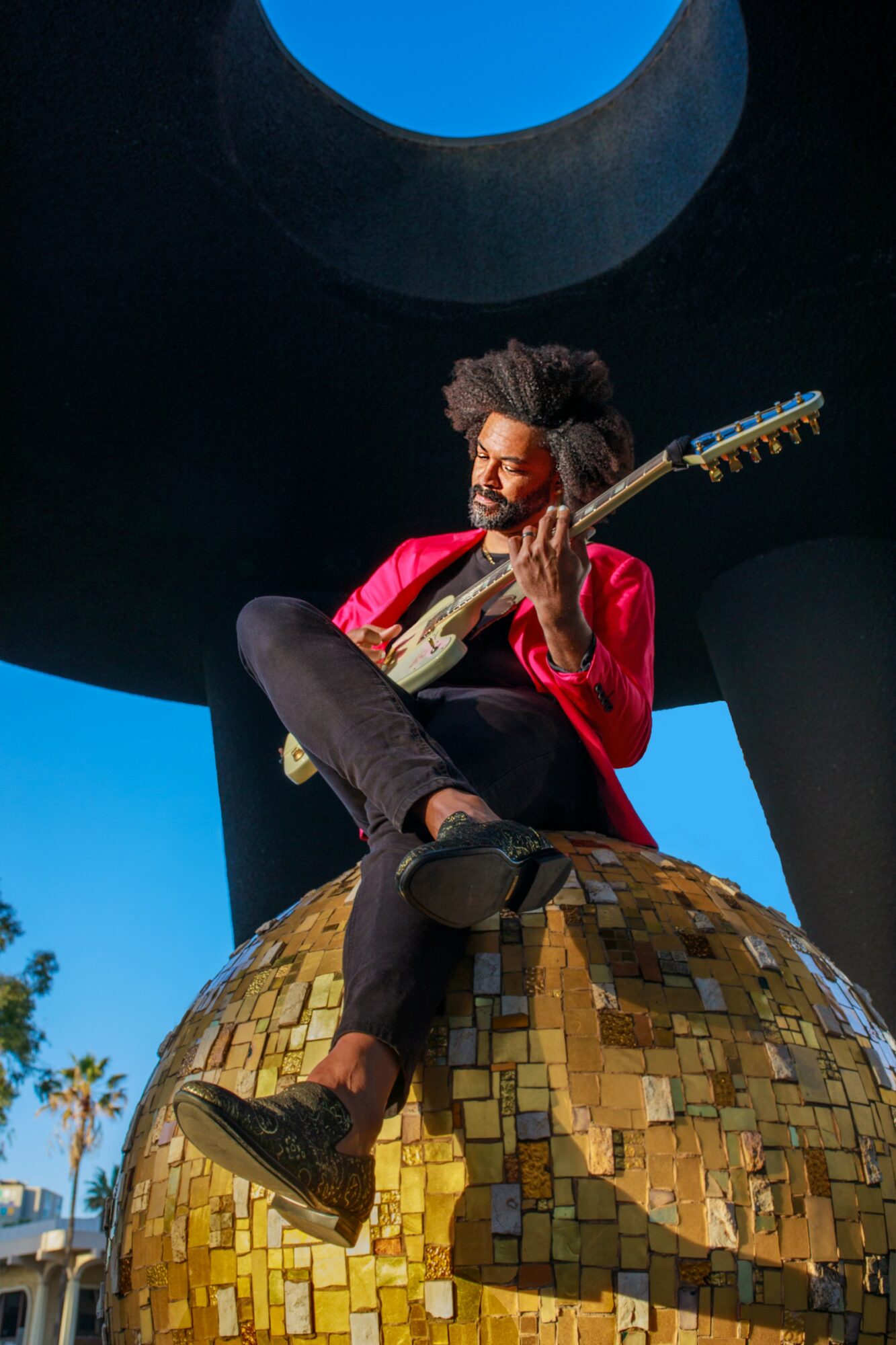
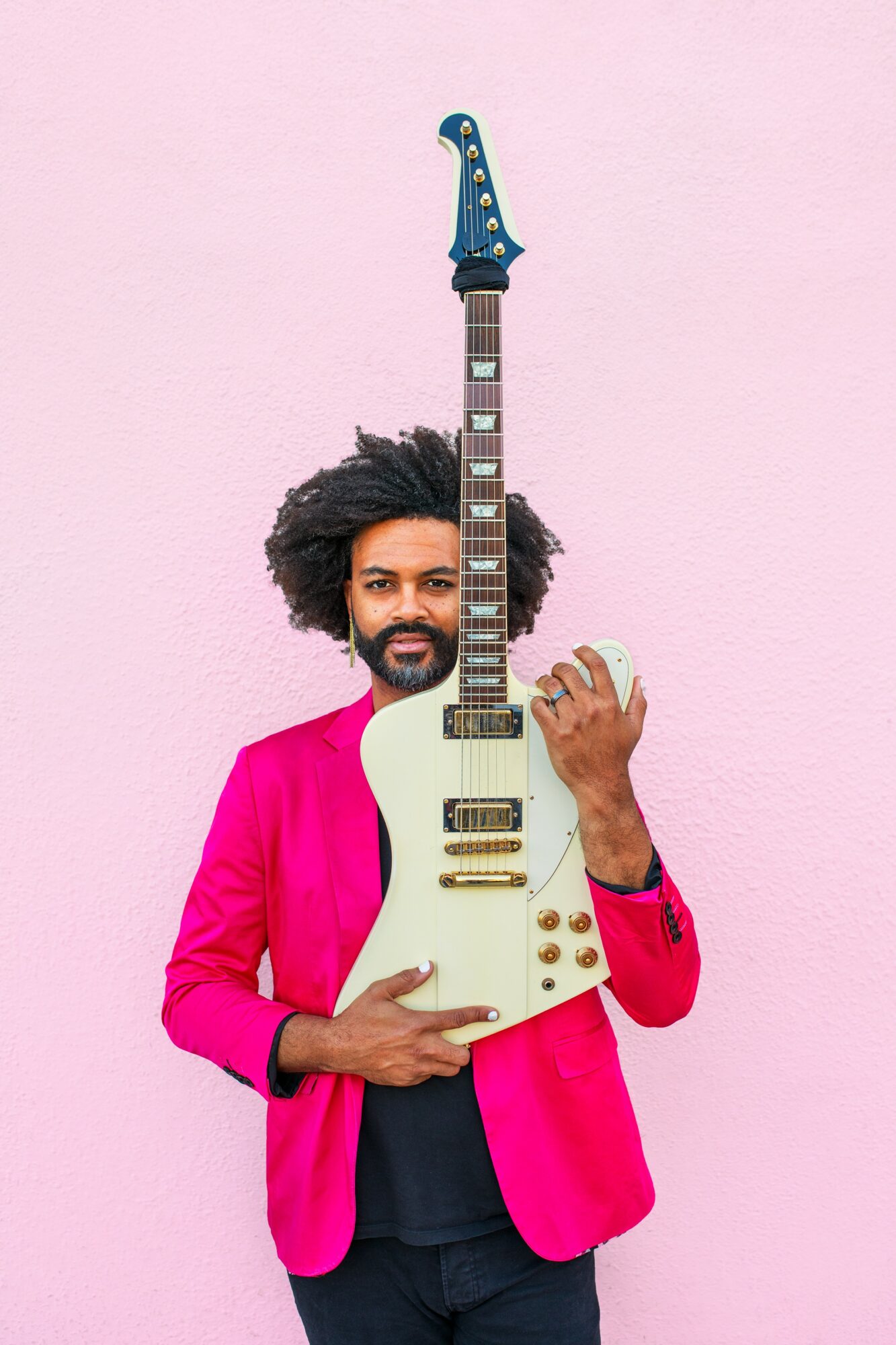
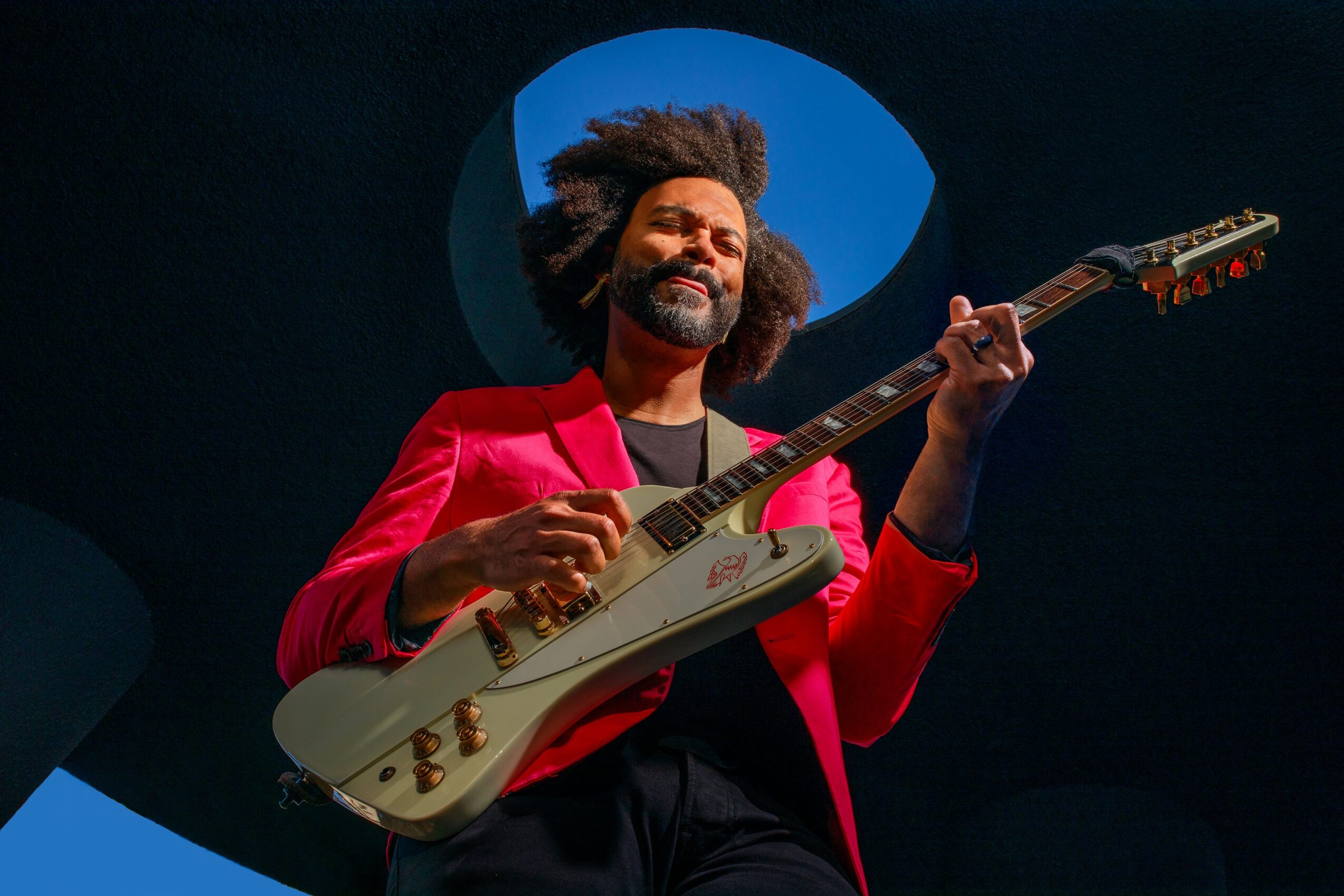
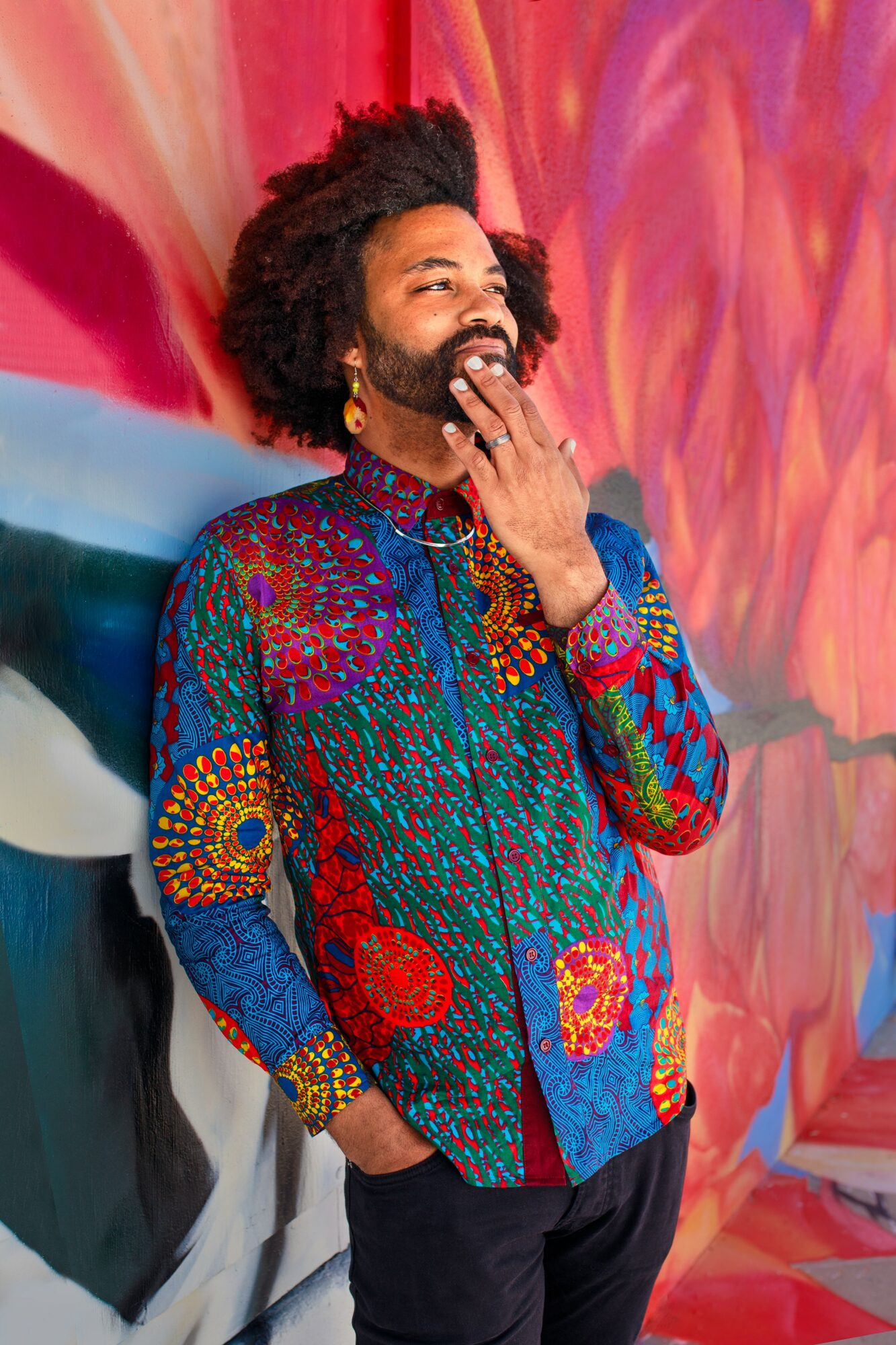
Image Credits
Dawn Altier














